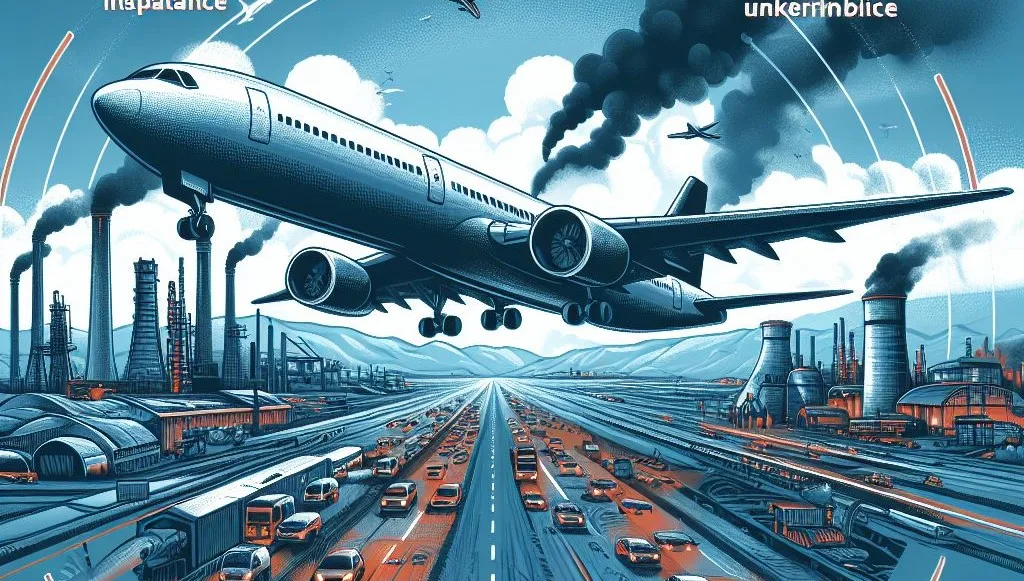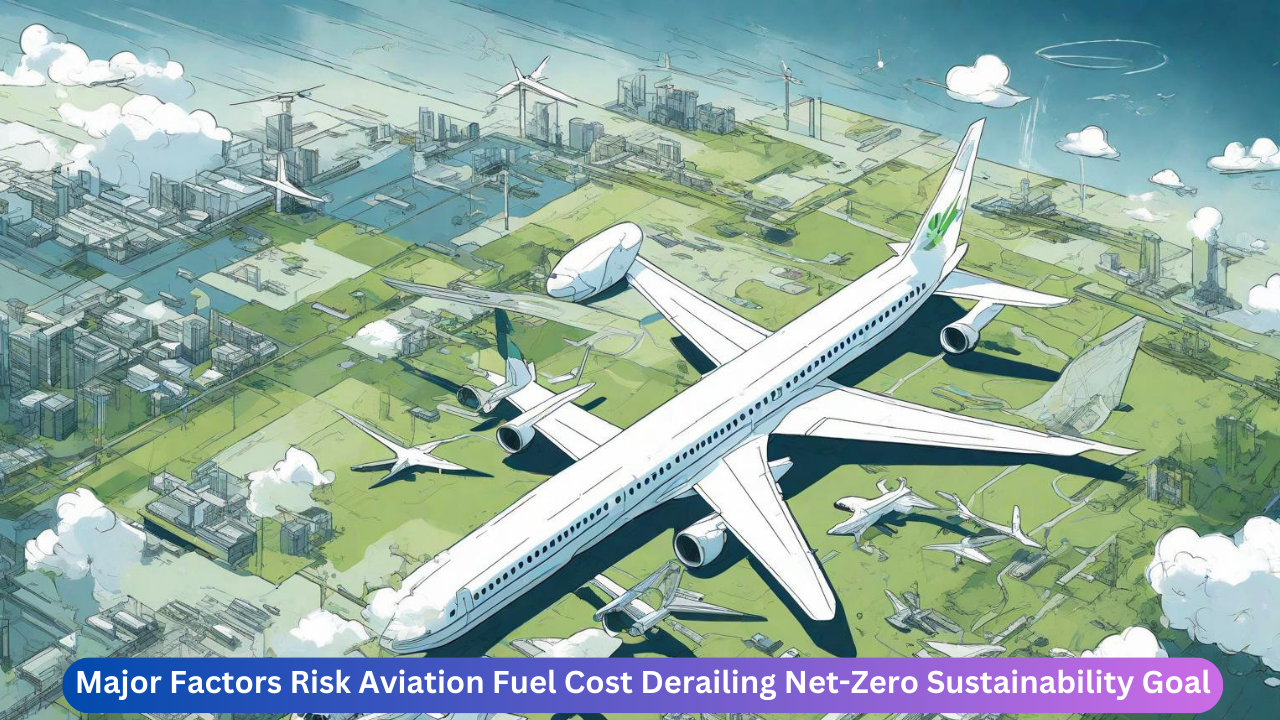Major Factors Risk Aviation Fuel Cost Derailing Net-Zero Sustainability Goal

In the vogue and vital space of sustainable aviation, confidence has found a mighty tailwind. Barely a day passes without news of a deal for sustainable aviation fuel (SAF), a groundbreaking experiment or demonstration flight, a technology breakthrough, a strategic investment, or an edgy new net-zero target ahead of the generic 2050 deadline.
The Challenge Ahead – Aviation Fuel Cost
However, behind bold statements of intent and optimism, and against strengthening headwinds of scrutiny, frustrations, and fears are rising at the slow pace of aviation’s climate reparations compared to the fast pace of its promises. Are reform targets realistic? Affordable? Deliverable? Or is the industry guilty of what its critics claim is simply “greenwishing”?

ICAO Council President Salvatore Sciacchitano warned, “We have a massive task ahead of us.” Urgently scaling up the development and deployment of sustainable, lower-carbon, and other clean energy aviation fuels is essential to meet the sustainability expectations of both the world and stakeholders. But is aviation effectively cleaning up after itself?
Aviation Fuel Cost
Challenges and Risks
1. Slow Pace of Decarbonization
While decarbonization has become the talk of the day across aviation, the sector still needs to up its game. Challenges include:
- Scalability of SAF: Sustainable aviation fuel (SAF) commitments have generated big announcements from airlines. However, most are highly conditional, focused not on defined scale or value but best-case potential. Production facilities are still to be built, and declarations are de-risked by elastic terms like “right to purchase” or “subject to final investment decision.”
- Offsetting Gap: Meeting aviation’s 2050 targets requires 25-30% of production to be SAF. Yet, IATA estimates that only 6% of total renewable fuels produced in 2024 will be SAF, double last year’s proportion. Closing this gap remains a significant challenge.
- Contrail Climate Impact: The industry must address the largely ignored climate impact of contrails, which contribute to warming by trapping heat in the upper atmosphere.
Aviation Fuel Cost
2. Global Economic Instability
The biggest immediate challenge to cleaner aviation programs is global economic instability. The International Monetary Fund (IMF) and the Organisation for Economic Cooperation and Development (OECD) forecast continued slowing of global economic growth in 2024. Economic uncertainties can disrupt investment in sustainable technologies and hinder progress.
Aviation Fuel Cost
3. Technology Uncertainties
From a technology perspective, the development and scaling of new SAF pathways with improved emission-reduction potential remain uncertain. Biobased pathways face challenges in feedstock availability and collection, while power-to-liquid (PtL) fuels require significant access to large amounts of renewable electricity.
Conclusion
Aviation’s net-zero sustainability goal is ambitious but necessary. Prioritizing near- and long-term efforts, airlines and OEMs must refine decarbonization solutions and optimize results. The industry must move beyond greenwishing and take concrete actions to ensure a cleaner, more sustainable future for air travel.
More Articles
Electric Vehicle Technology Companies Euphoria Fades: Automakers Reassess Their EV Plans
Market research analyst- Key Lessons for Businesses From Google’s Conversational AI Innovations
Digital divide-Satellite Firms Form Unlikely Alliances: The Dawn of Seamless Multi-Orbit Networks
Sony Corporation news – Innovative Leap into NFTs with ‘Super Fungible Tokens’
A Multipronged Approach to Harnessing Virtual Reality in Education
The 4D Knit Dress: Where Fashion Technology Meets Sustainability
The Perceptron algorithm: Pioneering the Path to AI
India’s Rise in the Semiconductor Ecosystem
Emotions Recognition: How Wearable Tech Can Read Your Feelings
Mastering the Online Marketplace: Your Ultimate Guide to Social Media Success
Discover more from News 24 Media
Subscribe to get the latest posts sent to your email.


